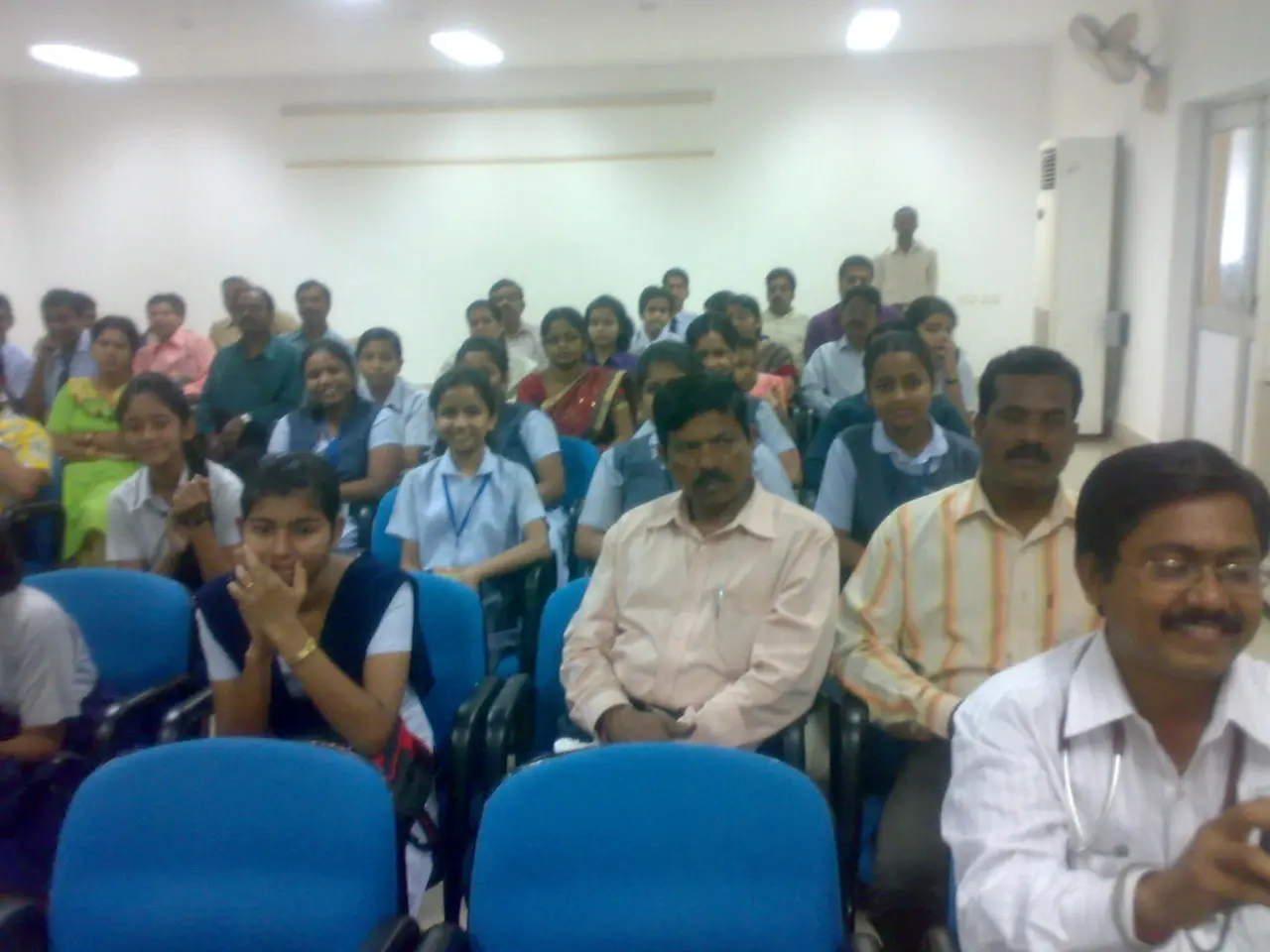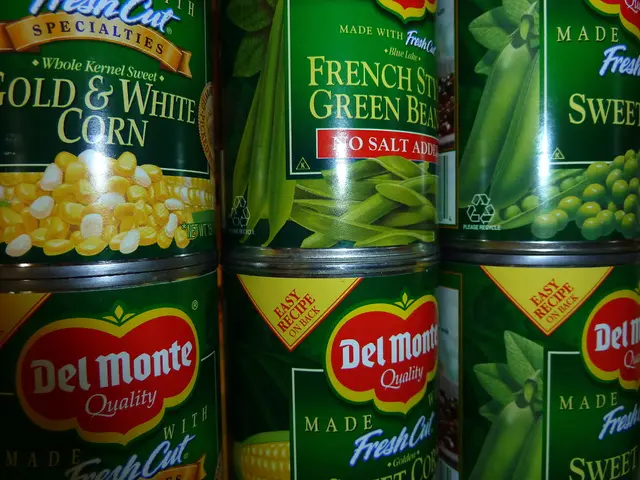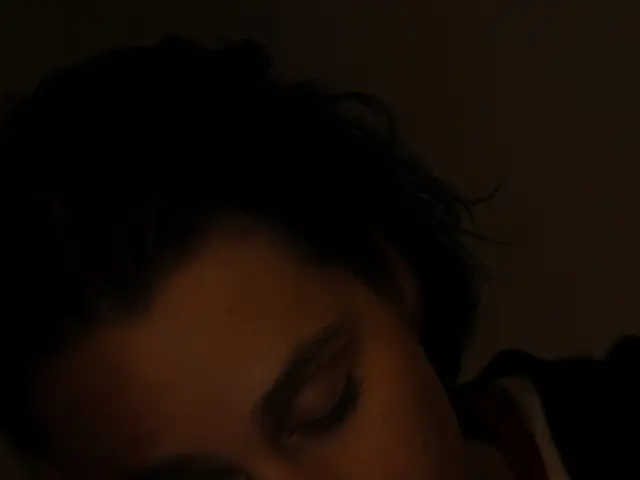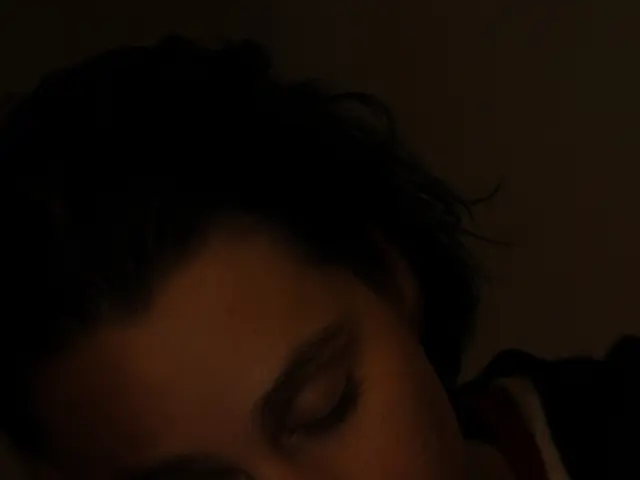Helios Bordeklinik: Soaring Temperatures Exceeding 30 Degrees Celsius?
As the mercury rises and summer days grow longer, it's essential to take precautions to stay healthy and avoid heat-related illnesses. Dr. Axel Weber, Medical Director of the Central Emergency Room at the Helios Börde Clinic, offers valuable advice for navigating hot summer days.
On sweltering, humid days, emergency rooms treat more patients than usual due to circulatory problems and severe headaches. Heatstroke is a potential risk, especially during peak heat hours, usually midday to early afternoon. To prevent such health problems, here are some key tips:
1. Stay hydrated: Drink plenty of water and avoid alcohol or caffeine, which can cause dehydration. 2. Limit outdoor activities during peak heat hours: It's best to avoid strenuous physical activities during the hottest part of the day. 3. Wear lightweight, loose-fitting, and light-colored clothing: Clothing that reflects heat and allows sweat evaporation can help keep you cool. 4. Use sunscreen and wear a hat: Protecting your skin from sunburn is crucial. 5. Take frequent breaks in the shade or air-conditioned environments: Cooling down is essential to prevent heat-related illnesses. 6. Recognize symptoms of heat-related illnesses: If you or someone else experiences symptoms such as heat exhaustion or heatstroke, seek medical help immediately. 7. Check on vulnerable populations: The elderly, children, and people with chronic illnesses are at higher risk during heatwaves.
In addition to these general tips, there are some specific recommendations for children and seniors:
1. Use sunscreen: It's important to protect children and seniors from sunstroke during prolonged and intense sun exposure. 2. Wear a hat: A hat can help shield children and seniors from the sun. 3. Choose natural fibres for clothing: Clothing made of natural fibres allows air circulation and prevents the body from overheating. 4. Drink about 30 to 50 percent more water on hot days: However, kidney and heart patients should consult their specialist before increasing their water intake.
Dr. Weber also advises against using air conditioning that is excessively cold and recommends fans instead. The temperature of a fan should not be more than six to seven degrees below the outdoor temperature. On very hot days, it's particularly important to consume fluids continuously. Drinks should not be ice-cold, as the body has to expend extra energy to bring the liquid to body temperature.
As the first patients with heat-related symptoms start to arrive at the Helios Börde Clinic in Oschersleben, it's clear that heat exhaustion, sunstroke, and heatstroke are potential risks on hot days. Heatstroke is the most dangerous, with symptoms including a drop in blood pressure, dizziness, weakness, fainting, cramps, vomiting, and hot, dry skin.
If you suspect heatstroke, seek immediate medical help. In the meantime, stay safe and take care of each other during these hot summer days.
- Science reveals that climate change leads to longer summer days and higher temperatures, increasing risks of heat-related illnesses.
- During respiratory conditions, it's crucial to stay indoors during peak heat hours to avoid worsening symptoms.
- Mental health can be affected by environmental factors, such as extreme heat, and seeking therapies and treatments during heatwaves may be necessary.
- Nutrition plays a key role in maintaining one's health during summer heatwaves, with proper hydration, preferably with water, being essential.
- In the realm of fitness and exercise, it's important to adjust activities to accommodate the heat and avoid strenuous exercises during the hottest part of the day.
- As climate change progresses and creates distant effects, even environmental science scholars recommend focusing on health and wellness to combat its impact on human health.
- In the event of chronic diseases like diabetes or hypertension, it's important to consult with medical professionals about water intake during heatwaves, as increased consumption may affect existing medical conditions.
Additionally, when it comes to children and seniors:
- Avoid exposing children and seniors to excessive sun exposure as they are more susceptible to sunstroke.
- By wearing hats, we can protect children and seniors from sunburn and heatstroke.
- Opt for clothing made of natural fibers that offer better circulation and allow air to flow freely, preventing overheating in children and seniors.
- Increase water consumption for children and seniors by about 30 to 50 percent on hot days, but those with heart or kidney problems should consult their doctor before doing so.








